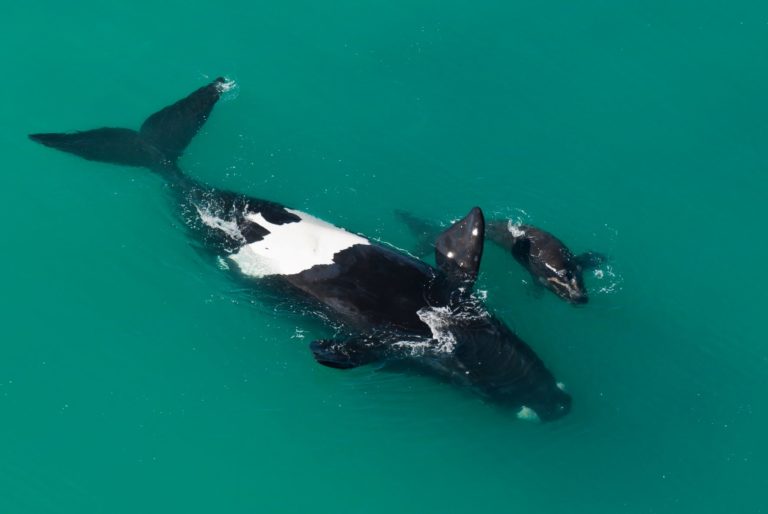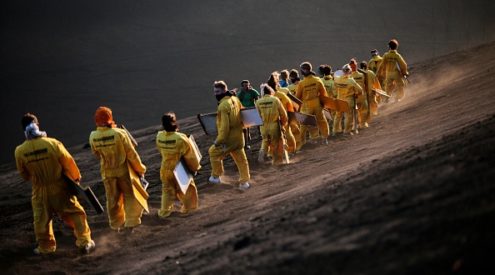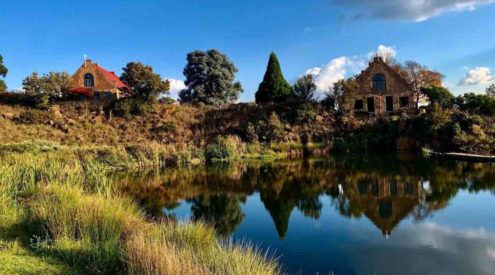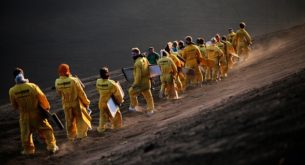After a long history of commercial whaling which nearly devastated their population, southern right whales have since made a remarkable recovery.

Dr Els Vermeulen – research manager at the Whale Unit at the University of Pretoria’s (UP) Faculty of Natural and Agricultural Sciences – collects data by using annual surveys and photo-identification photography. This project is one of the longest continuous datasets for any marine mammal on the globe, dating back to the 1960s.
Using data from this project, Vermeulen was able to track the southern right whales’ steady recovery: ‘Since commercial whaling stopped, the recovery of the southern right whale population was a great conservation success story.’
However, troubling news surfaced about a decade ago. Warm ocean temperatures have resulted in changes to the ocean processes, affecting the available food supply. Consequently, this has impacted the number of whales visiting South African shores to an alarming degree.
‘The science is telling us that these marine mammals are coming under renewed pressure from a more modern problem likely linked to climate change. Over the past decade, we have been finding that the whales are getting thinner, are calving less often and are leaving their breeding grounds earlier,’ says Vermeulen.
Further data reveals that whale mothers leave South African breeding areas earlier than what is considered normal, impacting the chances of calf survival.
Southern right whales are reliant on their foraging success, as well stored energy supplies to support both their migration and reproduction. This means that the condition of their body is extremely important to ensure successful pregnancies and calf rearing. Southern right whale mothers – as the research has indicated – have decreased in body condition by 24% since the late 1980s; evidence that their feeding is less successful.
Vermeulen commented on these findings: ‘We strongly believe this lack of energy reserves lies at the basis of the increased calving intervals and a reduced migration towards our shores of the non-calving individuals.’
Additionally, the number of unaccompanied adults have decreased, indicating that non-calving right whales are still not migrating to the South African coast at the rate which was demonstrated in the past.
To prevent the southern whale population taking another devastating hit, World Wildlife Fund (WWF) South Africa has partnered with UP’s Whale unit to support the vital research being done.
‘It is now more important than ever for us to keep providing the information that will promote the protection and conservation of this iconic whale species.’
Picture: Peter Chadwick WWF South Africa
ALSO READ















